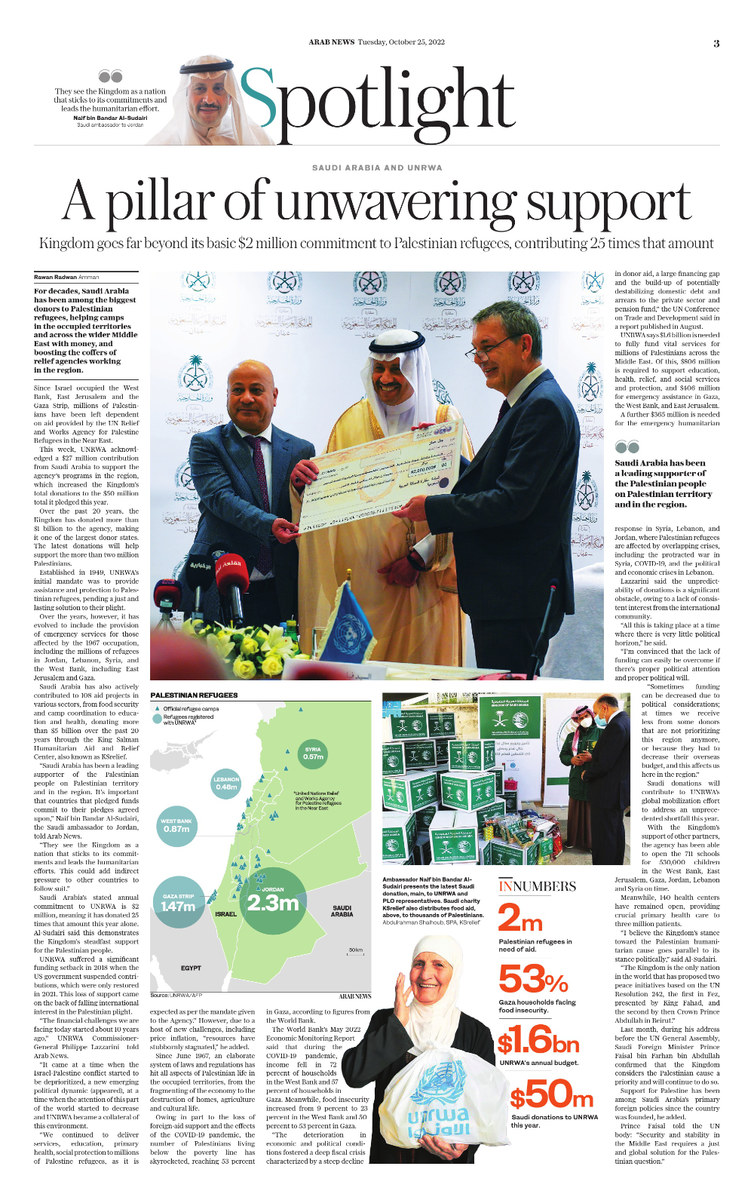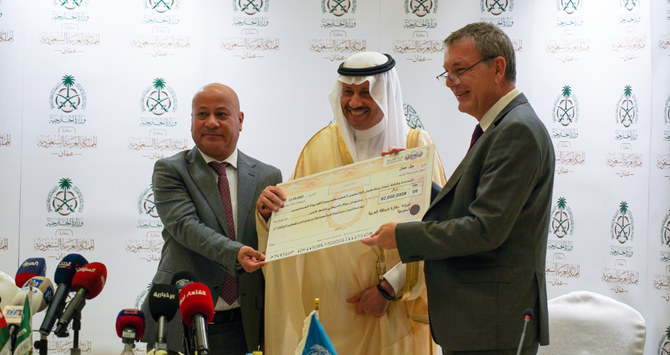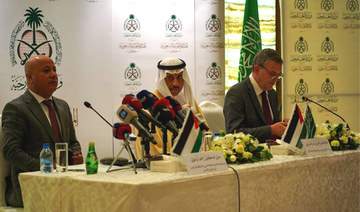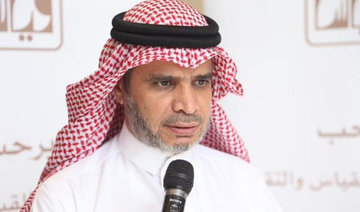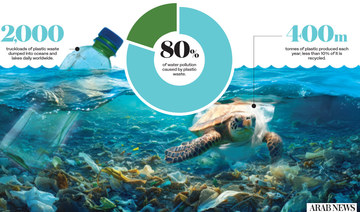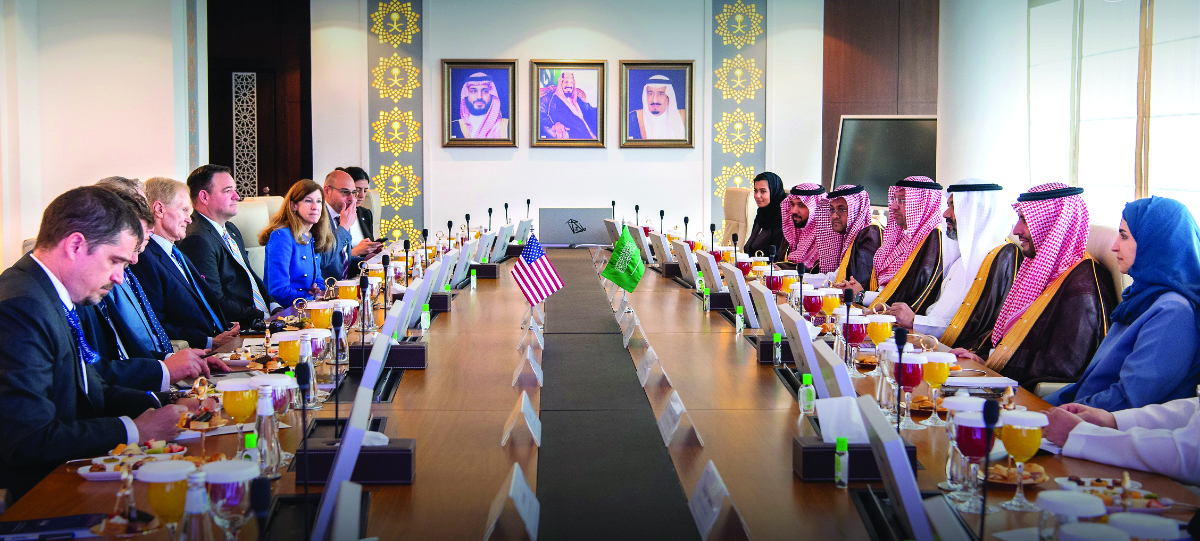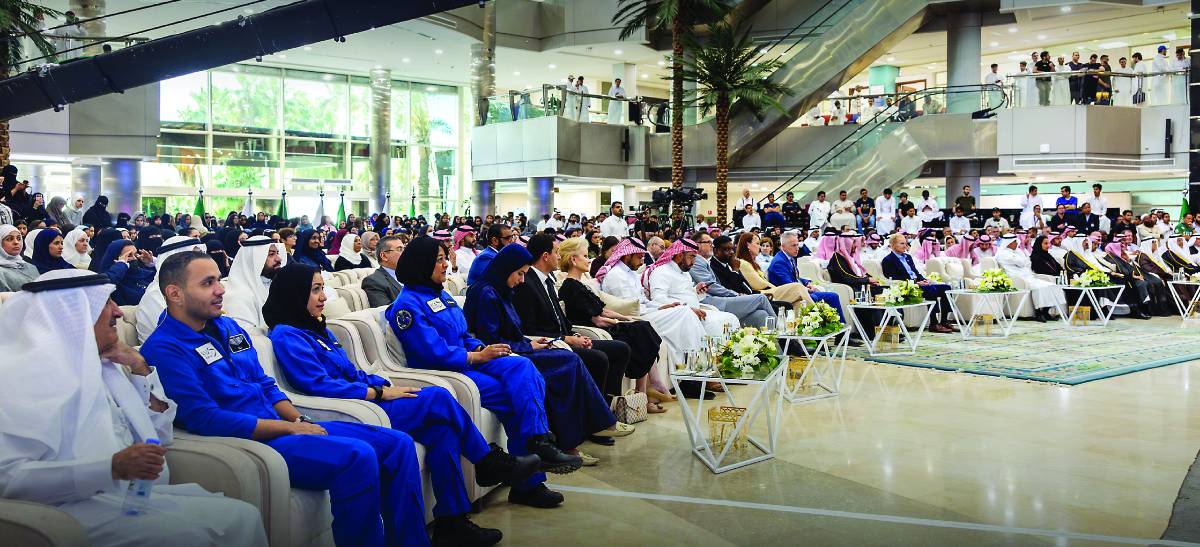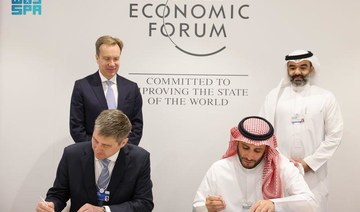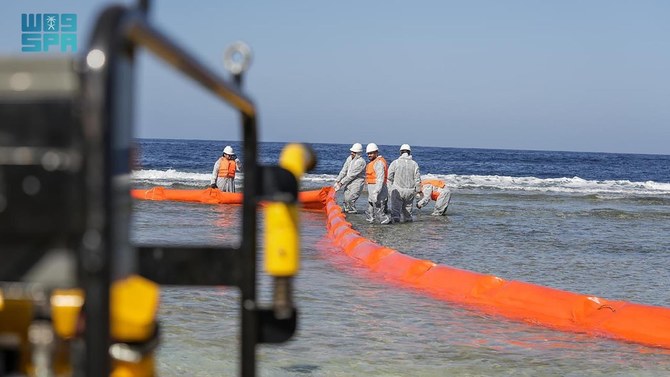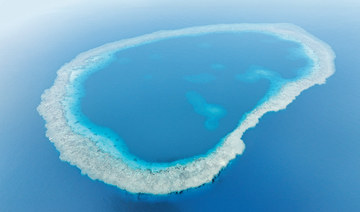AMMAN: For decades, Saudi Arabia has been among the biggest donors to Palestinian refugees, helping camps in the occupied territories and across the wider Middle East with money, and boosting the coffers of relief agencies working in the region.
Since Israel occupied the West Bank, East Jerusalem and the Gaza Strip, millions of Palestinians have been left dependent on aid provided by the UN Relief and Works Agency for Palestine Refugees in the Near East.
This week, UNRWA acknowledged a $27 million contribution from Saudi Arabia to support programs in the region, taking the Kingdom’s total donations to the $50 million pledge it made this year.
Over the past 20 years, the Kingdom has donated more than $1 billion to the agency, making it one of the largest donor states. The latest donations will help support the more than two million Palestinians in need of humanitarian aid.
Established in 1949, UNRWA’s initial mandate was to provide assistance and protection to Palestinian refugees, pending a just and lasting solution to their plight.
Over the years, however, it has evolved to include the provision of emergency services for those affected by the 1967 occupation, including the millions of refugees in Jordan, Lebanon, Syria, and the West Bank, East Jerusalem and Gaza.
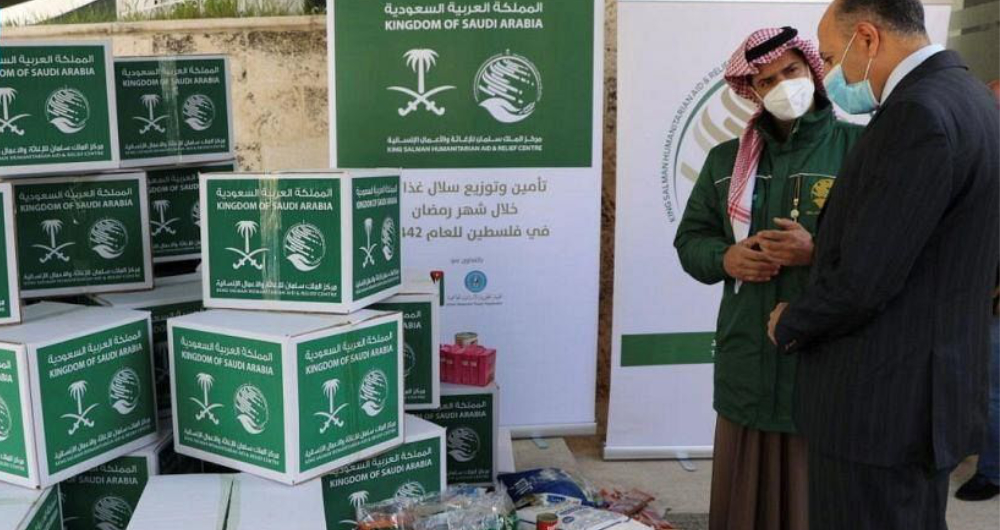
UNRWA says $1.6 billion are needed to fully fund vital services for millions of Palestinians across the Middle East. (Supplied)
Saudi Arabia has also actively contributed to 108 aid projects in various sectors, from food security and camp coordination to education and health, donating more than $5 billion over the past 20 years through the King Salman Humanitarian Aid and Relief Center.
“Saudi Arabia has been a leading supporter of the Palestinian people on Palestinian territory and the region. It’s important that countries that pledged funds commit to their pledges agreed upon,” Naif bin Bandar Al-Sudairi, the Saudi ambassador to Jordan, told Arab News.
“They see the Kingdom as a nation that sticks to its commitments and leads the humanitarian efforts. This could add indirect pressure to other countries to follow suit.”
Saudi Arabia’s stated annual commitment to UNRWA is $2 million, meaning it has donated 25 times that amount this year alone. Al-Sudairy says this demonstrates the Kingdom’s steadfast support for the Palestinian people.
UNRWA suffered a significant funding setback in 2018 when the US government suspended contributions, which were only restored in 2021. This loss of support came on the back of falling international interest in the Palestinian plight.
“The financial challenges we are facing today started about 10 years ago,” UNRWA Commissioner-General Philippe Lazzarini told Arab News.
“It came at a time when the Israel-Palestine conflict started to be deprioritized, a new emerging political dynamic (appeared), at a time when the attention of this part of the world started to decrease and UNRWA became a collateral of this environment.
INNUMBERS
• 2m Palestinian refugees in need of aid
• 53% Gaza households facing food insecurity
• $1.6bn UNRWA’s annual budget
• $50m Saudi donations to UNRWA this year
“We continued to deliver services, education, primary health, social protection to millions of Palestine refugees as it is expected as per the mandate given to the agency.”
However, due to a host of new challenges, including price inflation, “resources have stubbornly stagnated,” he added.
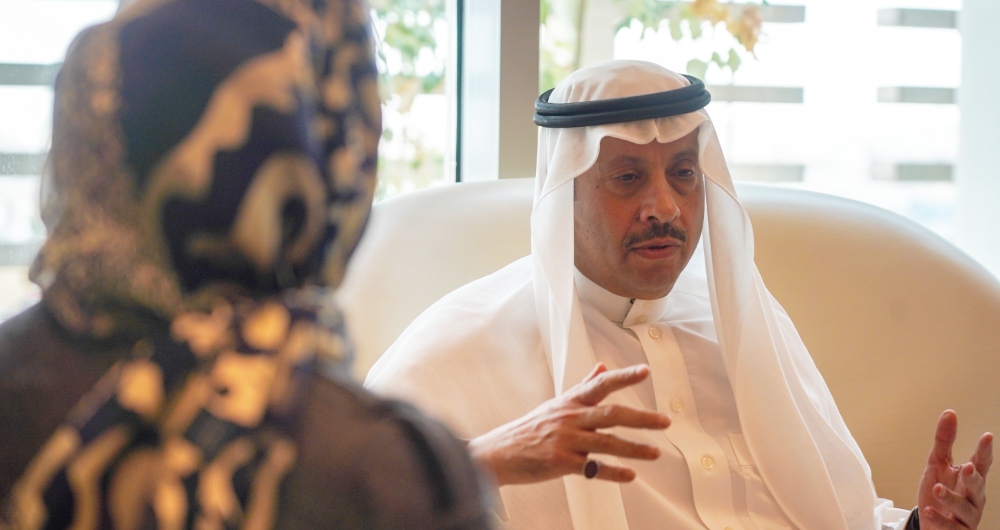
Naif bin Bandar Al- Sudairi, Saudi ambassador to Jordan, said the Kingdom has been a longstanding supporter of Palestinians. (AN Photo/Abdulrahman Shalhoub)
Since June 1967, an elaborate system of laws and regulations has hit all aspects of Palestinian life in the occupied territories, from the fragmenting of the economy to the destruction of homes, agriculture and cultural life.
Owing in part to the loss of foreign aid support and the effects of the COVID-19 pandemic, the number of Palestinians living below the poverty line has skyrocketed, reaching 53 percent in Gaza, according to the World Bank.
Its May 2022 Economic Monitoring Report said that during the pandemic, income fell in 72 percent of households in the West Bank and 57 percent of households in Gaza. Meanwhile, food insecurity increased from 9 percent to 23 percent in the West Bank and 50 percent to 53 percent in Gaza.
“The deterioration in economic and political conditions fostered a deep fiscal crisis characterized by a steep decline in donor aid, a large financing gap and the build-up of potentially destabilizing domestic debt and arrears to the private sector and pension fund,” the UN Conference on Trade and Development said in a report in August.
UNRWA says $1.6 billion are needed to fully fund vital services for millions of Palestinians across the Middle East. Of this, $806 million are required to support education, health, relief, and social services and protection, and $406 million for emergency assistance in Gaza, the West Bank, and East Jerusalem.
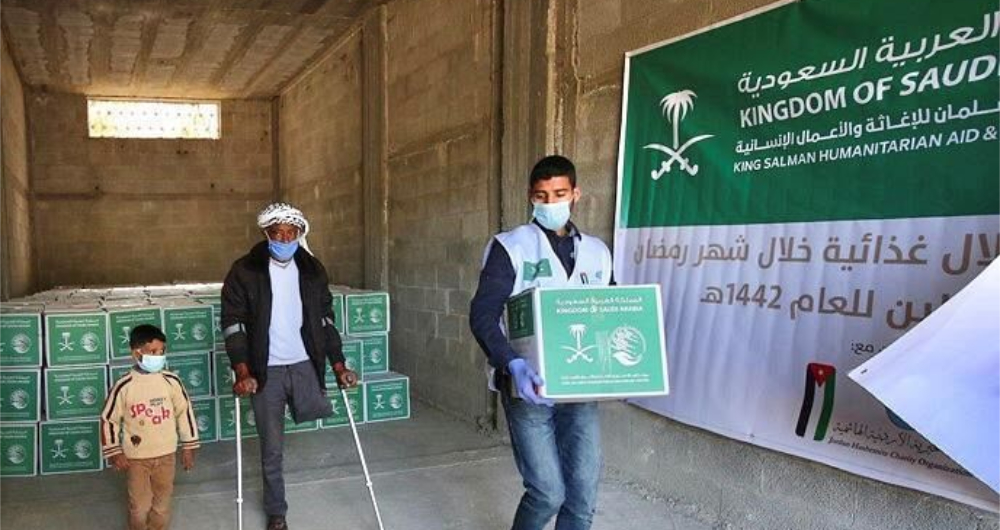
Saudi Arabia has donated more than $5 billion over the past 20 years through the King Salman Humanitarian Aid and Relief Center. (SPA)
A further $365 million are needed for the emergency humanitarian response in Syria, Lebanon, and Jordan, where Palestinian refugees are hit by overlapping crises, including the protracted Syria conflict, COVID-19, and the political and economic crises facing Lebanon.
Lazzarini says the unpredictability of donations is a significant obstacle, owing to a lack of consistent interest from the international community.
“All this is taking place at a time where there is very little political horizon,” said Lazzarini. “I’m convinced that the lack of funding can easily be overcome if there’s proper political attention and proper political will.
“Sometimes funding can be decreased due to political considerations; at times we receive less from some donors that are not prioritizing this region anymore, or because they had to decrease their overseas budget, and this affects us here in the region.”
The Kingdom’s donations will contribute to UNRWA’s global mobilization to address an unprecedented shortfall this year.
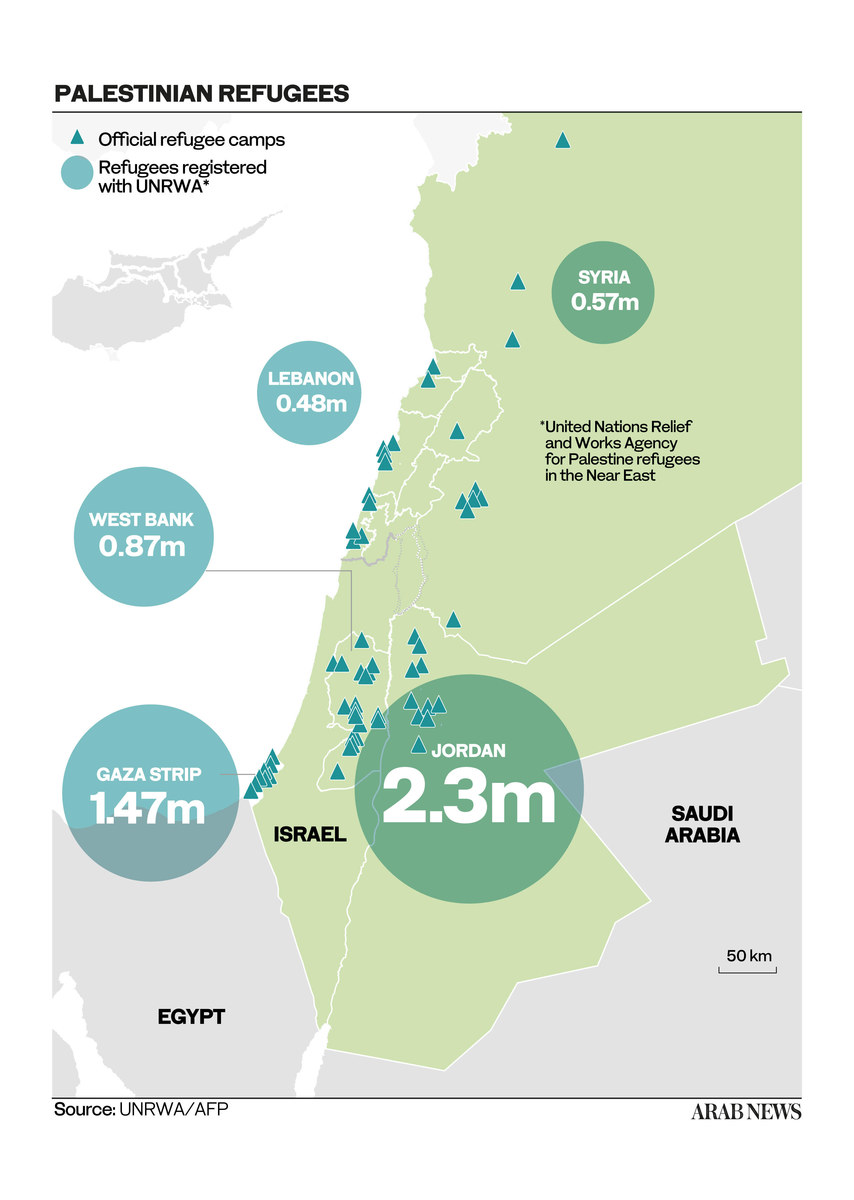
With Saudi Arabia’s support of other partners, the agency has been able to open the 711 schools for 530,000 children in the West Bank, East Jerusalem, Gaza, Jordan, Lebanon, and Syria on time.
Meanwhile, 140 health centers have remained open, providing crucial primary health care to 3 million patients.
“I believe the Kingdom’s stance towards the Palestinian humanitarian cause goes parallel to its stance politically,” said Saudi Ambassador to Jordan Al-Sudairi.
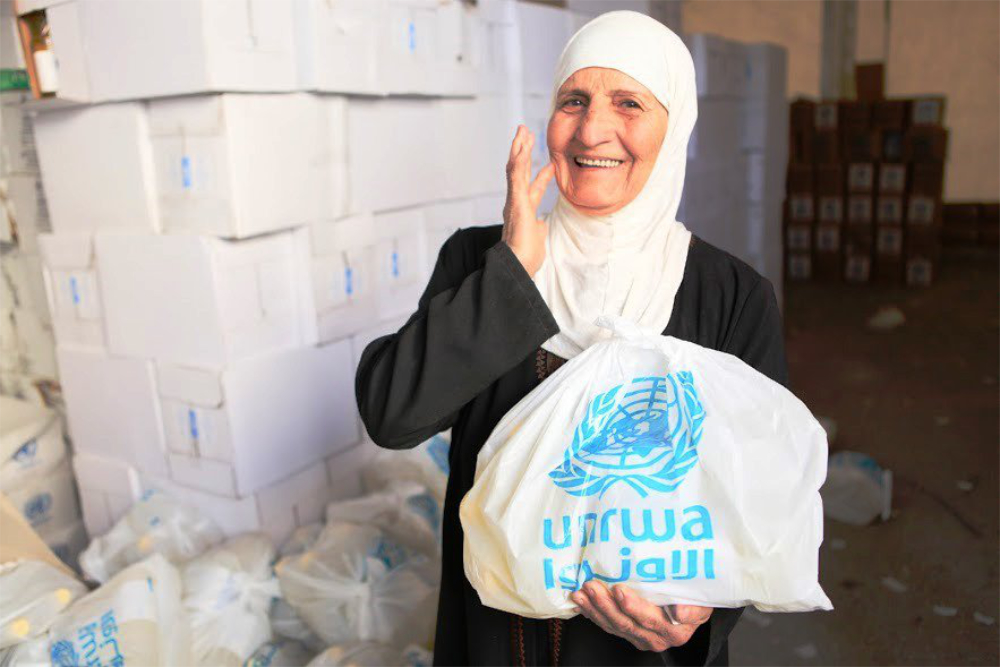
UNRWA’s initial mandate was to provide assistance and protection to Palestinian refugees, pending a just and lasting solution to their plight.
“The Kingdom is the only nation in the world that has proposed two peace initiatives based on UN Resolution 242, the first in Fez presented by King Fahad and the second by then-Crown Prince Abdullah in Beirut.”
Last month, during his address before the UN General Assembly, Saudi Foreign Minister Prince Faisal bin Farhan bin Abdullah confirmed that the Kingdom considers the Palestinian cause a priority, and will continue to do so.
Support for Palestine has been among its primary foreign policies since the establishment of the Kingdom, he added.
Prince Faisal told the UN body: “Security and stability in the Middle East requires a just and global solution for the Palestinian question.”
